Morgan Freeman's sitting on a cool $250 million these days, which is pretty impressive when you think about it. But here's the kicker – that number would've been way higher if it weren't for his divorce back in 2010, which reportedly cost him somewhere between $100 million and $200 million. Talk about an expensive breakup.
From Bottle Collecting to the Big Screen
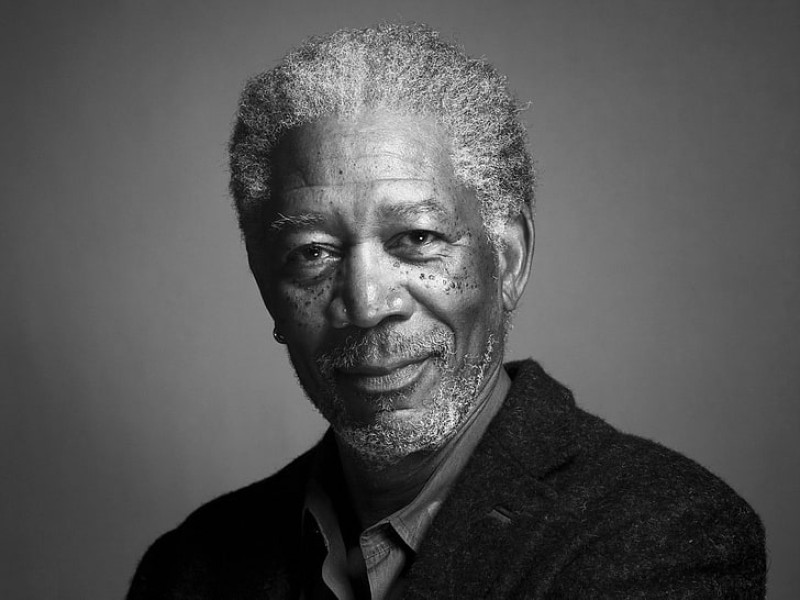
Freeman was born on June 1, 1937, in Memphis, Tennessee, and grew up bouncing between Mississippi and Chicago as his parents tried to find better work during the Jim Crow era. Life wasn't easy back then, but young Morgan had big dreams.
Get this – as a kid, Freeman was so obsessed with movies that he'd collect empty bottles off the street and cash them in just to scrape together enough money for a cinema ticket. That's dedication right there.
Now here's where things get interesting. After finishing high school in 1955, Freeman actually turned down a drama scholarship and joined the Air Force instead, where he spent his days fixing radar equipment. But military life didn't stick – he had this moment where he realized he didn't want to be shooting people out of the sky, and that wasn't what he signed up for.
So in 1959, Freeman left the Air Force and headed to Los Angeles, where he worked as a clerk while taking acting classes and, believe it or not, tap dancing lessons. He got good enough at dancing to land a gig performing at the 1964 World's Fair. Eventually, he moved to New York City and juggled a bunch of random day jobs while hitting up auditions. At one point, he even quit a steady paycheck to do off-Broadway theater for just $72 a week. Now that's what you call commitment.
The Long Road to Stardom
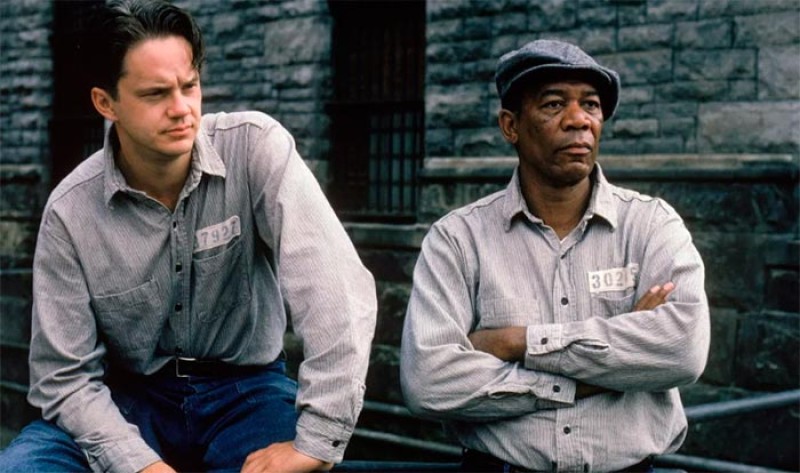
Freeman's first real movie credit came in 1971 with a film called "Who Says I Can't Ride a Rainbow!" That same year, he landed a role on the PBS kids' show "The Electric Company," which finally gave him some financial stability and got his face out there. But let's be real – he wasn't thrilled about playing a goofy character on a children's show, and he bailed in 1975.
The '70s and early '80s were tough. Freeman picked up work here and there – a bit part in "Brubaker" in 1980, some soap opera work on "Another World" – but nothing that really moved the needle. He was grinding it out, making just enough to get by, wondering if his big break would ever come.
Then everything changed. In 1987, at age 50 (yeah, you read that right), Freeman landed the role of a pimp named Fast Black in "Street Smart" and scored his first Oscar nomination. Suddenly, Hollywood was paying attention.
Finally Hitting His Stride
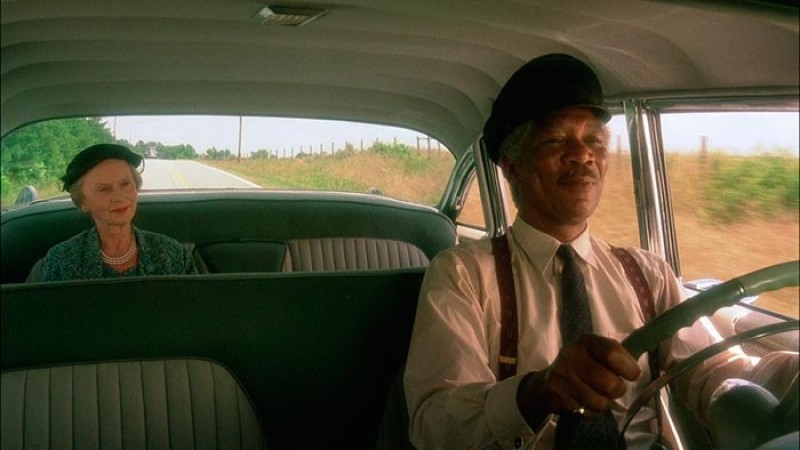
1989 was absolutely massive for Freeman. He knocked out three incredible performances in one year: playing a tough principal in "Lean on Me," a sergeant major in "Glory," and a chauffeur in "Driving Miss Daisy," which got him another Oscar nomination.
But the role that really cemented his legacy came in 1994 when he played Red in "The Shawshank Redemption." That movie became an all-time classic, and Freeman's performance is basically perfect. His first Oscar win didn't come until 2004, though, when he took home Best Supporting Actor for "Million Dollar Baby."
By this point, Freeman was commanding serious money. He pulled in about $5 million for "Bruce Almighty" and more than $10 million for his work in "The Dark Knight" trilogy. These days, Freeman typically makes around $10 million per movie when he's on camera, and about $2 million when he's doing narration work.
How Morgan Freeman Net Worth Keeps Growing
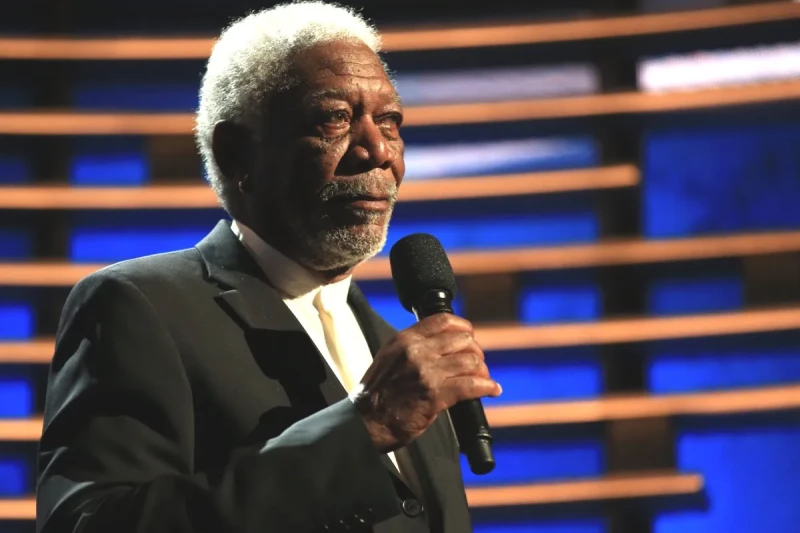
Here's the thing about Freeman – the guy's got multiple income streams working for him. That legendary voice of his? It's a goldmine. He's narrated everything from "March of the Penguins" (which paid him a million bucks in 2005) to Visa commercials and even took over as the voice of CBS Evening News.
Plus, he's still collecting residuals from classics like "The Shawshank Redemption" and "Million Dollar Baby." His voice licensing deals alone bring in six to seven figures every year. And get this – he's got profit-sharing deals on a bunch of his movies. Franchises like "Now You See Me" made around $700 million, and the "Has Fallen" series pulled in about $500 million worldwide. That's a lot of backend money.
The guy's 88 now and still working. He's coming back for "Now You See Me: Now You Don't" in November 2025. He's also launched this cool project called "Morgan Freeman's Symphonic Blues Experience" – basically a tour celebrating Delta Blues music that kicked off in July 2025.
Freeman's Real Talk on Making It
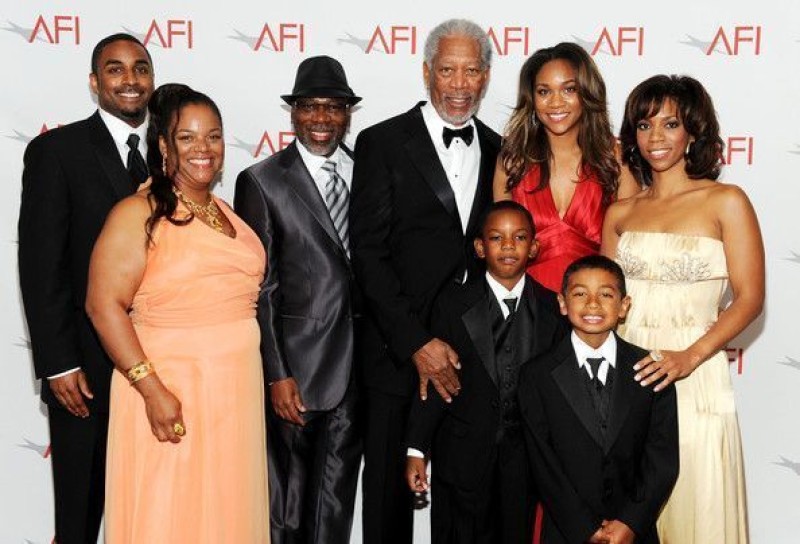
Look, Freeman's journey from broke actor to Hollywood legend wasn't luck. The man's got some serious wisdom to share, and his main message? Don't quit.
Just Keep Going
Freeman's said he literally told himself, "I'm gonna do it or die. I'll starve to death if I have to, but I'm doing this." His advice is dead simple: "The surest way to fail is to quit." He puts it another way too: "If you lay down, people will step over you. But if you keep scrambling, someone will always give you a hand."
Failure's Not the Enemy
Freeman doesn't sugarcoat it – "Failure is part of life. If you don't fail, you don't learn. If you don't learn, you'll never change." The guy knows what he's talking about since he spent decades struggling before he made it big.
Success Doesn't Have an Expiration Date
Freeman's career proves that timing isn't everything. He's said, "When I was young, everyone told me success had to come early. That's complete BS. My best work came after I turned 50." When someone asked him how he's stayed in the game so long, he gave a one-word answer: "Discipline." Then he added that exercise and staying disciplined are what keep you going.
Love the Work, Not the Fame
Freeman's approach is refreshing – "The best way to guarantee a loss is to quit. The best way to win is to keep playing." He's even said that if he'd never become famous, he'd still be acting in community theaters somewhere. That's genuine passion right there.
Use What You've Got
Freeman's take on talent? "You can't take credit for talent; you can only take credit for using it." He encourages people to be themselves: "Don't be different just to be different. If you see things your own way, go with that. Follow your own path."
Give Back When You Make It
Once Freeman started making real money, he didn't forget where he came from: "If life's been good to you and you've had some luck, turn it around and help others." He's put his money where his mouth is with various charitable projects over the years.
Freeman's story really drives home one point – it doesn't matter when success comes, as long as you don't give up on it. The guy collected bottles for movie tickets as a kid and didn't become a star until he was 50. Now he's worth $250 million and he's still working at 88. That's the kind of persistence that changes lives.
 Eseandre Mordi
Eseandre Mordi
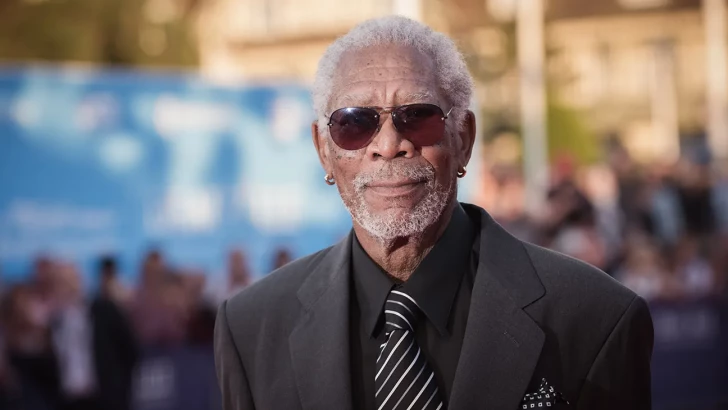
 Eseandre Mordi
Eseandre Mordi


